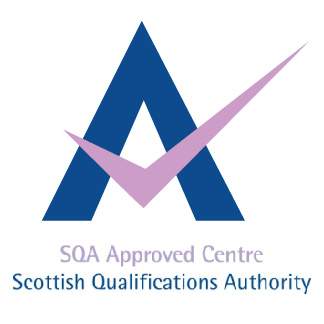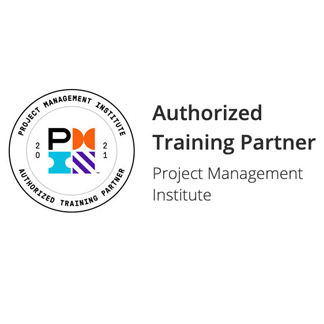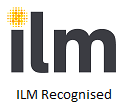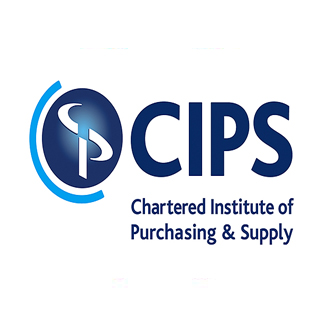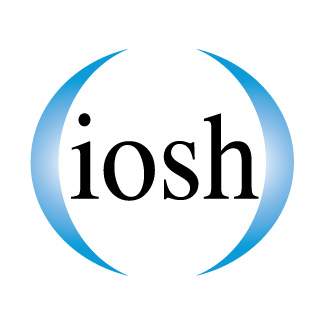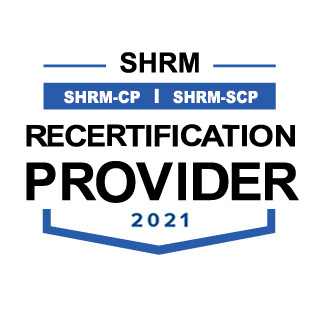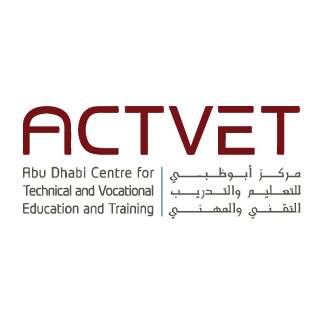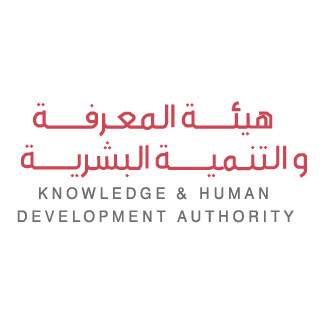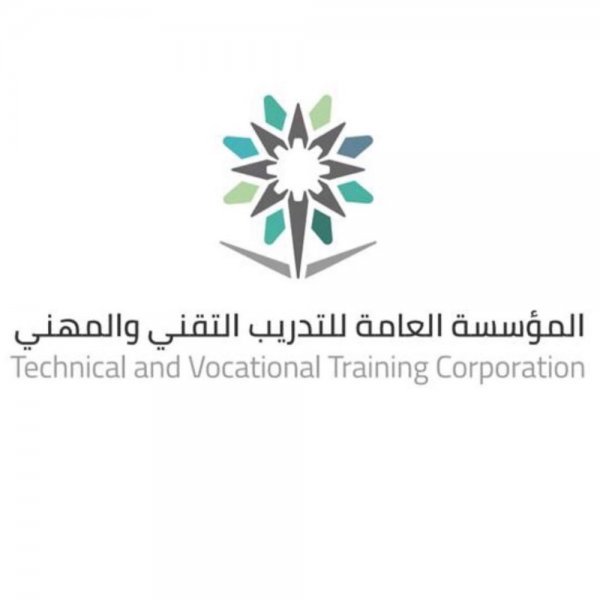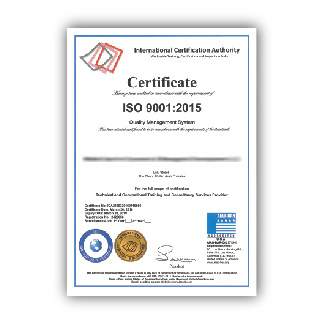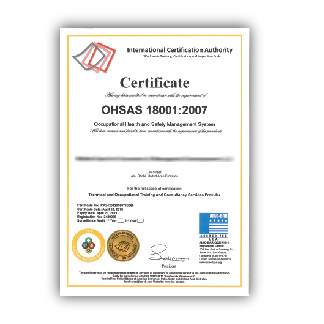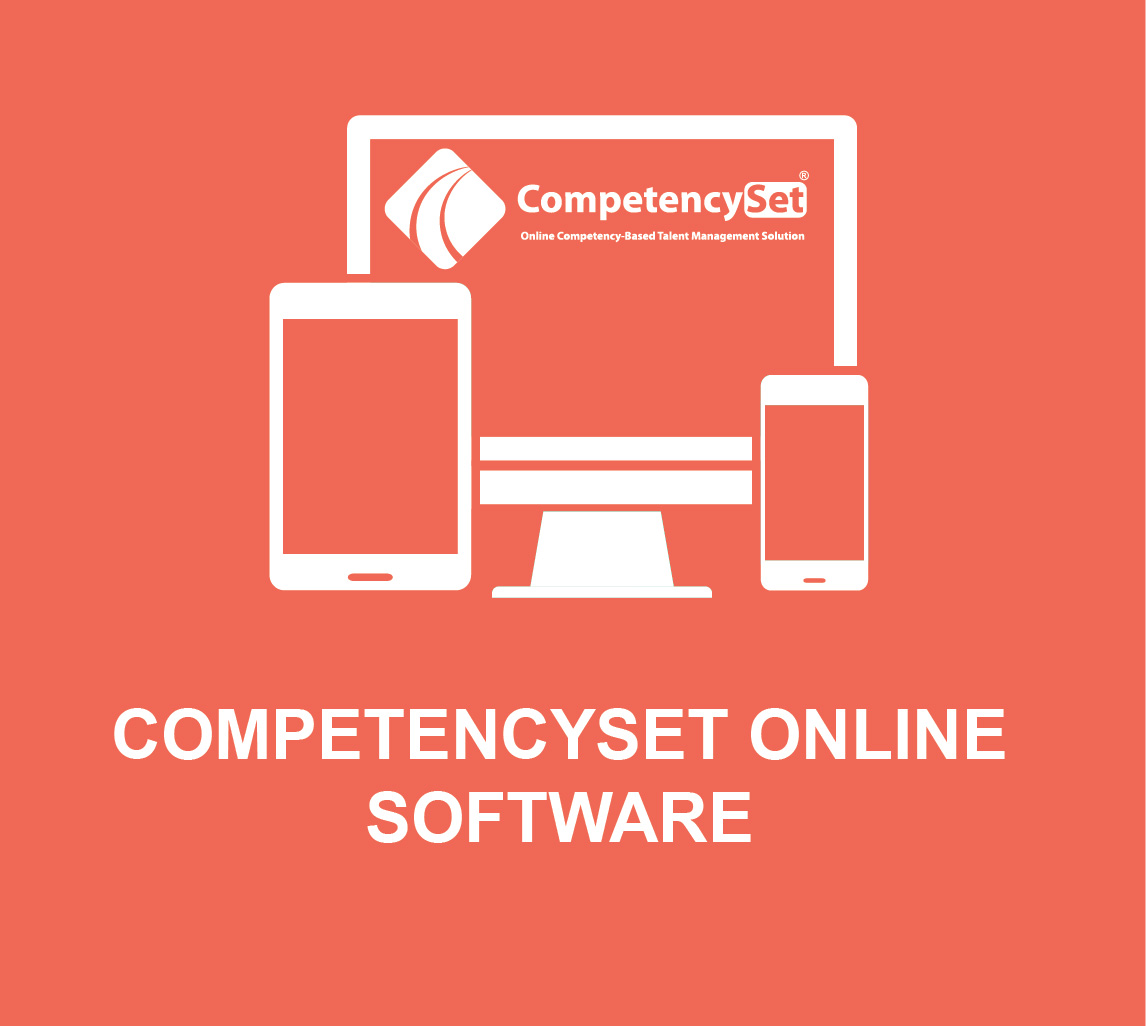Asset Integrity Management in Oil and Gas Industries
| Start Date | End Date | Venue | Fees (US $) | ||
|---|---|---|---|---|---|
| Asset Integrity Management in Oil and Gas Industries | 28 Dec 2025 | 01 Jan 2026 | Istanbul, Turkey | $ 4,500 | Register |

Asset Integrity Management in Oil and Gas Industries
| Start Date | End Date | Venue | Fees (US $) | |
|---|---|---|---|---|
| Asset Integrity Management in Oil and Gas Industries | 28 Dec 2025 | 01 Jan 2026 | Istanbul, Turkey | $ 4,500 |
Introduction
An Asset Integrity Management (AIM) program provides a backbone and incorporates design, maintenance, inspection, process, operations, and management concepts, making the optimal return on investments.
This course initiates the concept of Asset Management (AM) in the offshore and onshore industry (ISO 55000). Then, it focuses on the concept of AIM (i.e. design, technical and operation integrity) in the safeguarding of the operational system. The approaches to reliability-centered maintenance (RCM), failure mode effect and criticality analysis (FMECA), risk-based maintenance (RBI), an inspection of static process equipment, maintenance planning of rotating equipment, mitigate the challenges due to human factor, effective project management strategies, etc. are delivered
Objectives
- Manage assets in the petroleum industry in a sustainable and safe manner.
- Assess & control Asset Integrity of operational assets in production & process systems.
- Perform integrity management on the topside and subsea systems.
- Realize the overall asset process from a systems engineering perspective.
- Use of adaptive technologies and techniques in engineering projects.
Training Methodology
This is an interactive course. There will be open question and answer sessions, regular group exercises and activities, videos, case studies and presentations on best practice and the fundamentals of shutdown and turnaround management. Participants will have the opportunity to share with the facilitator and other participants on what works well and not so well for them, as well as work on issues from their own organizations.
Who Should Attend?
- Engineering Asset Management & Asset Integrity Management personnel
- Technical Safety personnel
- Engineers involved in maintenance and modification projects
- Inspection and maintenance analysis and planning personnel
- Project managers and project engineers
- Technical discipline responsible personnel
Course Outline
Day 1: Moving from Asset Management to Integrity Management
Session 1: Offshore Asset Management
-
Introduction to the concept of offshore AM
-
Role of ISO 55000 (or PAS 55 1&2)
Session 2: Offshore Integrity Management
-
Introduction to the concept of offshore IM
-
Role of human factor and integrity
Session 3: Offshore Asset Integrity Management
-
Introduction to the concept of offshore AI (i.e. design, operational and technical integrity) management
-
Relationship of human factor and technology in asset integrity control
Day 2: Asset Integrity Management & Tools to Maintain Rotating Equipment
Session 1: Approaches Used for Asset Integrity Management
-
Introduction to approaches used for AIM
-
Current trends towards asset IM
Session 2: Reliability Centered Maintenance & Failure Mode Criticality & Effects Analysis
-
Introduction to RCM, regulatory requirements and standards
-
Running RCM projects
Session 3: Maintenance Planning of Rotating Equipment: Topside
-
Introduction to standards
-
Functional failure analysis and consequence classification
Day 3: Risk-Based Integrity Management & Role of KPIs
Session 1: Integrity Management (Risk-Based Approach) of Static Process Equipment: Topside
-
Standards and regulatory requirements for IM: risk-based inspections
-
Integrity assessment and control of topside systems: challenges in inspection planning and execution
Session 2: Integrity Management (Risk-Based Approach) of Subsea Systems
-
Standards and regulatory requirements for subsea systems’ IM
-
Integrity assessment and control of subsea systems
Session 3: Asset Integrity Measures/Key Performance Indicators (KPI’s)
-
Introduction to performance measurement and performance measures
-
Performance indicator prioritization approach(s) for asset integrity assurance
Day 4: Maintenance Performance Indicators & Barrier Management
Session 1: Maintenance Performance Indicators & Measures
-
Introduction to guidelines and standards
-
Traditional measures used in the oil and gas industry vs. future challenges in remote and harsh environments
Session 2: Smarter Maintenance Recording
-
Introduction to safety-critical equipment and barrier management
-
Prioritization of safety-critical equipment maintenance and assigning safety-critical status vs. current challenges
Session 3: Recent Developments on Asset Integrity
-
Documentation and standard work practices: lean approach
-
Managing the change: continuous improvement for sustainable performance and organizational alignment
Day 5: Technology Qualification & Managing Engineering Projects
Session 1: Role of Technology Qualification in the Petroleum Industry
-
Introduction to regulatory requirements and standards
-
Technology qualification case from remote operations
Session 2: Managing Engineering Projects with Variable Activity Durations
-
Introduction to project management and standards
-
Role of planning, scheduling, and crashing
Session 3: Engineering Project Crashing
-
Introduction to project crashing approaches
-
How to accelerate projects optimized resource allocation


